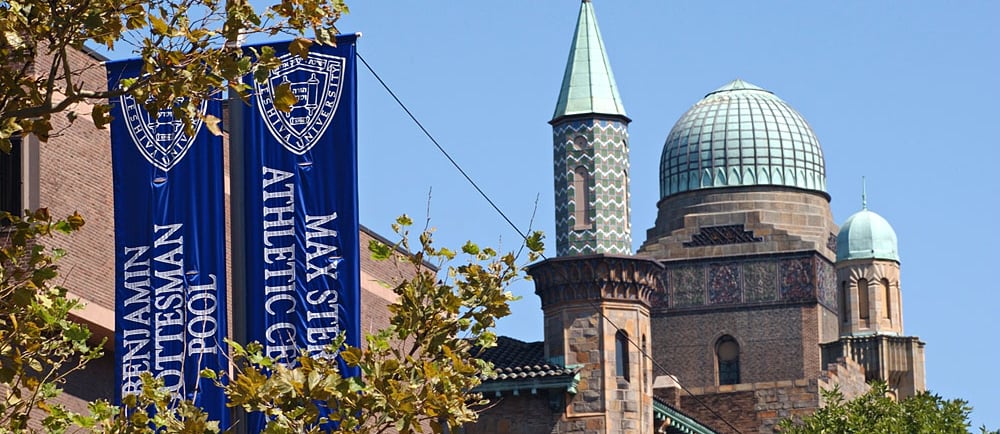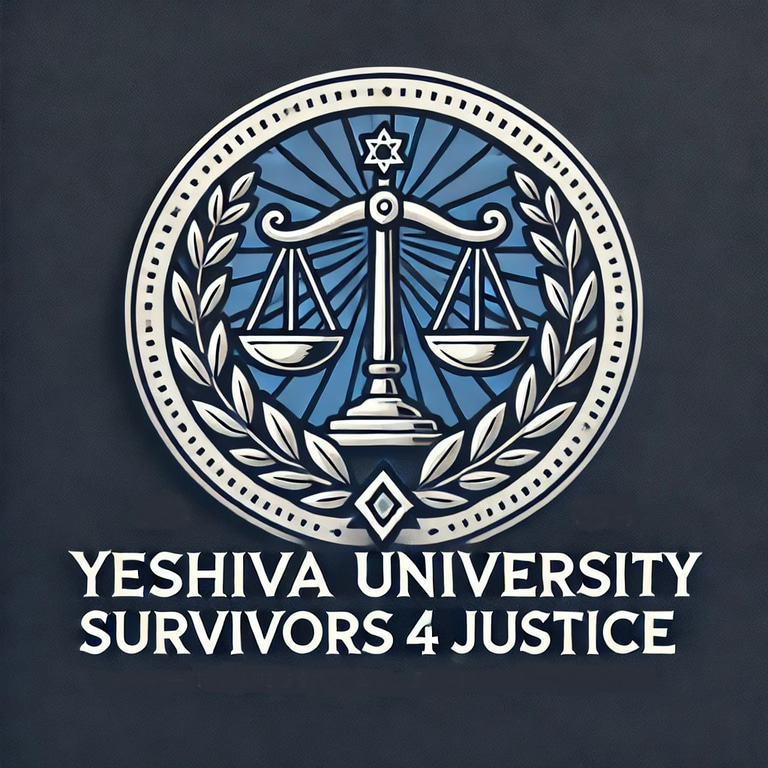The Silence of the Rabbis: Yeshiva University’s Other Scandal
There are two scandals unfolding in the sexual abuse case against Yeshiva University.
7/27/20253 min read


There are two scandals unfolding in the sexual abuse case against Yeshiva University.
One is overt, reported recently by the Jerusalem Post's Mathilda Heller: the university’s morally indefensible legal strategy, which includes demands for the mental health records of Holocaust survivor parents and online dating history of victims.
But the second scandal remains largely unspoken, even among Jewish communal leaders who claim to care about accountability. It is the scandal of silence—of rabbinic complicity, institutional forgetting, and moral cowardice.
In 2019, The Jerusalem Post investigated how the former longtime associate principal of YU’s Manhattan high school relocated to Israel and continued his career even after abuse allegations surfaced. “Untouchable,” was the Post's headline. That piece also detailed how another alleged abuser similarly evaded consequences. Both men were sheltered by legal and social mechanisms in the Jewish community. And both now reside freely in Israel, effectively immune to civil subpoenas or criminal action due to jurisdictional limitations, while their victims still twist in the wind.
My abuser, an ordained rabbi, unrepentant, is not merely a disgraced educator in retirement. He is the unprosecuted epicenter of a decades-long scandal—and was feted multiple times by rabbinic colleagues, senior administrators, and YU leaders at fundraising dinners.
None of this happened in a vacuum.
It happened under the leadership of Rabbi Dr. Norman Lamm, who served as YU president for nearly three decades. Last month marked the fifth anniversary of Lamm’s death. In its obituary, The New York Times noted that Lamm “apologized for not responding more assertively when former students of Yeshiva University High School for Boys accused the two rabbis of having abused them in the 1970s and ’80s. Rabbi Lamm had quietly forced the two men out but had done nothing to prevent them from working elsewhere.”
That line, buried in a national obituary, is more than a footnote. It is a confession—and a call for accountability that has never arrived.
Today, many of the rabbis, administrators, and faculty members who worked alongside the abusers, who helped relocate them or who remained silent in the face of credible allegations, continue to live in Israel. These include rosh yeshiva figures, Talmudic scholars, and former associate principals, teachers, and academic guidance and dormitory counselors, in whom students confided. They have retired quietly, their legacies curated by admirers who prefer memory without accountability.
These rabbis—many of whom have been named in sealed witness depositions and confidential discovery—have offered no public comment, no apology, and no support to victims. In Israel, where no civil subpoena can compel them to speak, the rabbis hide behind sovereignty to avoid facing the pain of the past.
And still, they are silent.
They are silent even as survivors come forward.
They are silent even as new legal filings expose institutional witness tampering.
They are silent as the same playbook—delay, denial, desecration—is used again and again by the university and its outside law firm.
This silence is not neutral. It is protection. It is strategy. It is complicity.
This is not just a legal matter. It is a moral stain.
We are told that rabbinic leaders bear special moral weight in Jewish life. But what weight do they bear if their silence is indistinguishable from abandonment?
We are told that the Torah commands memory. But what is memory worth if the community refuses to name the perpetrators?
And we are told that Israel is a haven. But should it be a haven for unrepentant abusers and those who shield them from justice?
The victims of YU’s abuse scandal will never see all of their abusers brought to trial. One victim surely won’t. He is dead.
But we are not just demanding justice in court. We are demanding integrity in community. We are demanding that those who know—those who were there—stop pretending this never happened.
The silence of the rabbis is not just deafening. It is damning.
It is time to break it.
© 2026. All rights reserved.
This website is managed by an independent team of volunteers and advocates and is not affiliated with, endorsed by, or connected to Yeshiva University or any of its subsidiaries, affiliates, or representatives. All content provided on this website, including articles, opinions, survivor stories, and other materials, is for informational purposes only. All information related to ongoing legal cases, including survivor testimonies and legal updates, is based on publicly available records or the expressed consent of those involved. This site does not provide legal, medical, or professional advice and should not be relied upon as such. For specific legal or professional inquiries, please consult a qualified expert. The site’s administrators encourage responsible sharing of this content. Unauthorized use, reproduction, or dissemination of the materials contained on this website without prior permission is prohibited. All photos and videos on this site are licensed and for illustrative purposes only, unless explicitly stated otherwise in photo captioning.
